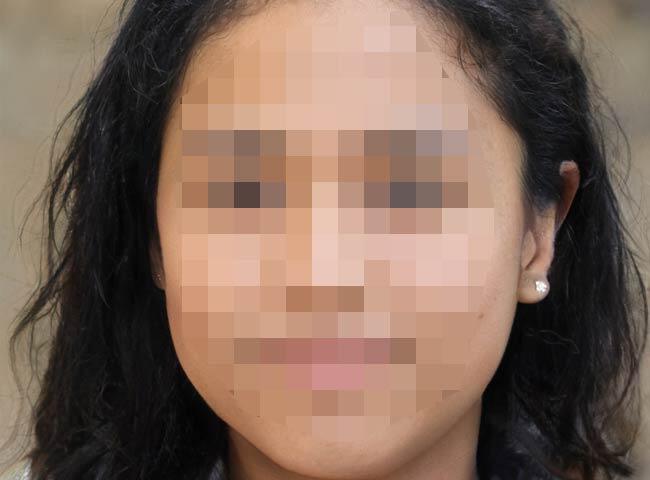Meet Victoria

Victoria's story
Electrolysis Support Fund recipient
Victoria (they/them) is a trans person who recently escaped an abusive relationship and is now seeking stability on their own. With a disability that makes it difficult to work or even take care of themself, Victoria faces significant challenges. One major barrier is they cannot shave as often as they feel is necessary to be safe in public.
To manage, Victoria wears a mask for both health reasons and to cover their facial hair when they don't have the strength to shave. Unfortunately, this has led to aggressive encounters, with people attempting to rip off their mask and escalating the situation upon seeing the hair underneath. This has driven Victoria to isolate, leaving the house only once or twice a week and experiencing full-blown panic attacks when they do venture out.
Victoria's need for electrolysis is critical for their safety and access to better work and living options. "I really need this for safety and access to better work/living options," they share. By removing this barrier, Victoria hopes to reduce their dysphoria and the constant fear they face, allowing them to move forward with confidence and focus on rebuilding their life.
Victoria's timeline
-
Award Granted
April 12, 2024
Victoria was awarded a grant toward permanent hair removal!
-
Care Received
April 29, 2024
A payment has been made toward Victoria's permanent hair removal!
-
Renewal Award Granted
October 2, 2024
Victoria was offered a Renewal Award! -
Care Received
November 20, 2024
A payment has been made toward Victoria's permanent hair removal!
About Hair Removal: Femme Award
On average, it costs $2,300+ for Victoria's care.
- What is it?
- Before care
- After care
What is it?
Point of Pride provides grants to trans femme people seeking hair removal on their face, neck, or an area of the body in preparation for bottom surgery.
What is life like for a person who needs this care?
For trans femme folks, particularly trans femmes of color, access to facial hair removal often equates to safety against anti-trans violence or discrimination. It's common for applicants to note issues with employment and public safety, particularly if their facial hair is dark or thick. Electrolysis and laser hair removal services are often deemed cosmetic and therefore not covered by health insurance plans.
What is the impact of this care on the recipient’s life?
Access to hair removal often leads to a more positive emotional well-being, increased confidence, increased safety when in public, and better opportunities at employment and more.
Your support funds healthcare that's
life-changing. Life-saving. Life-giving.